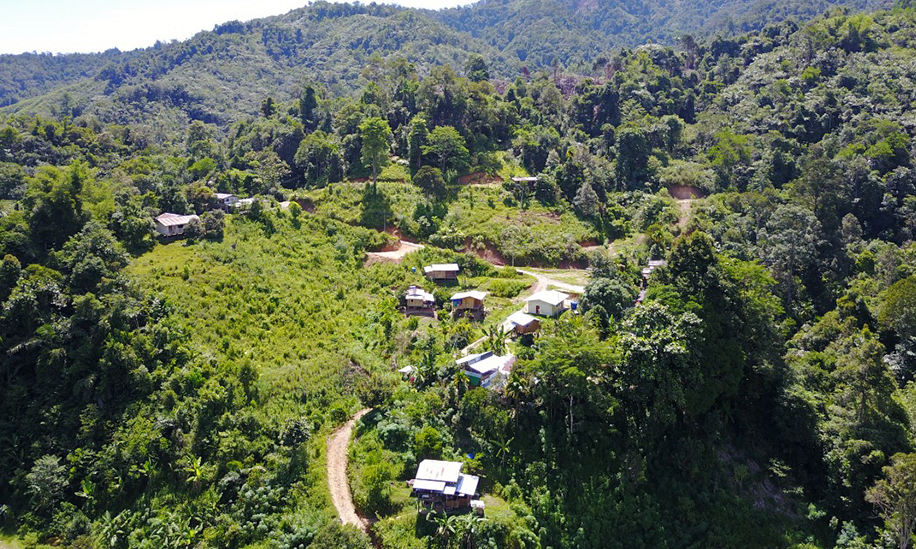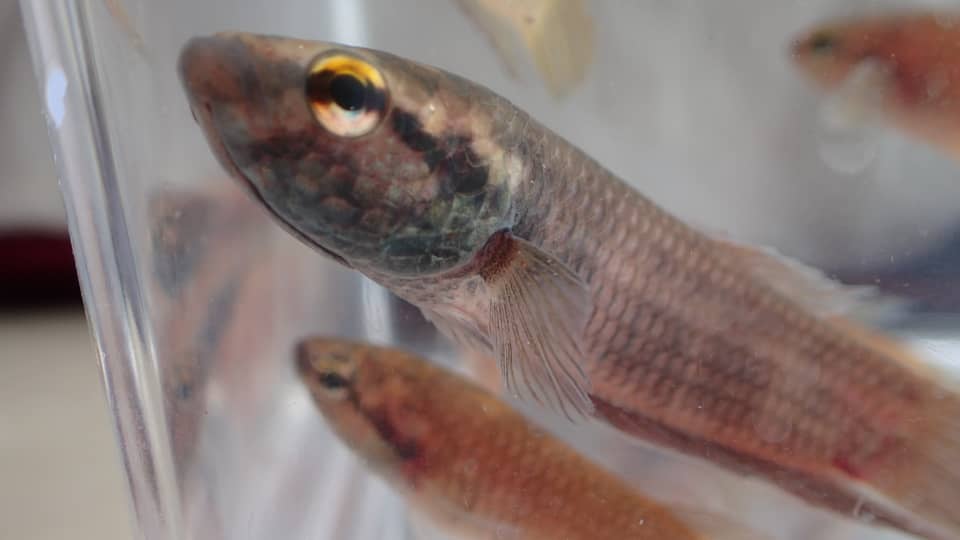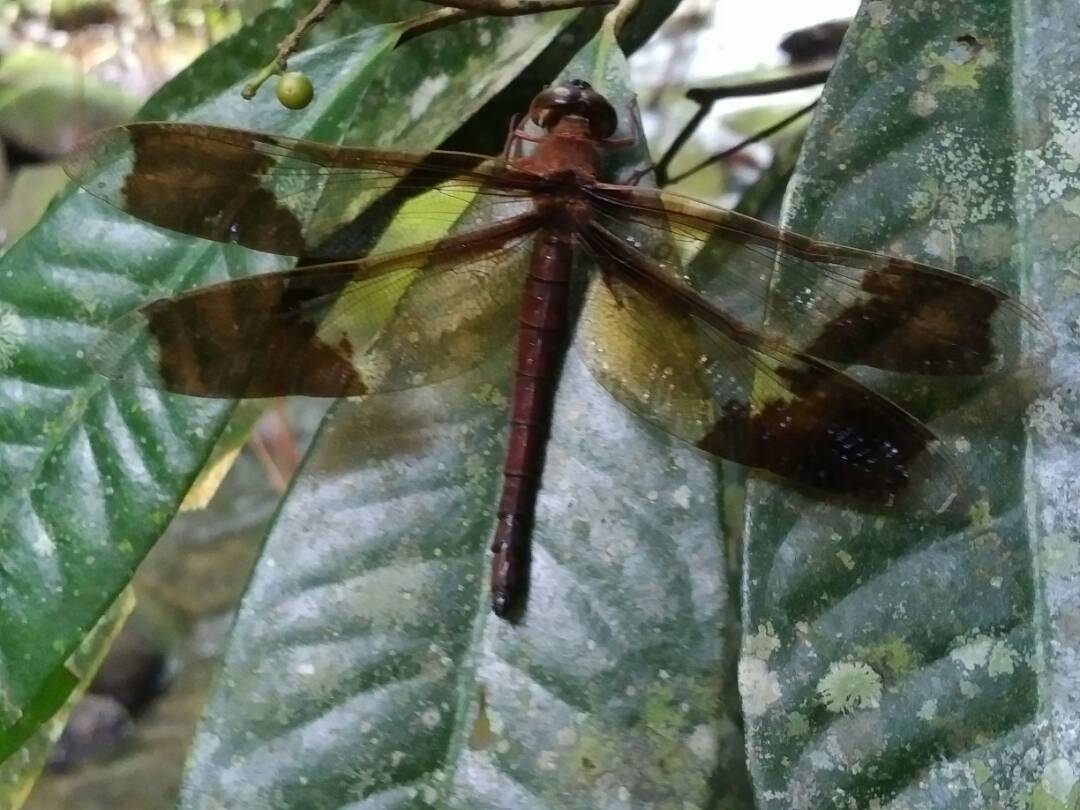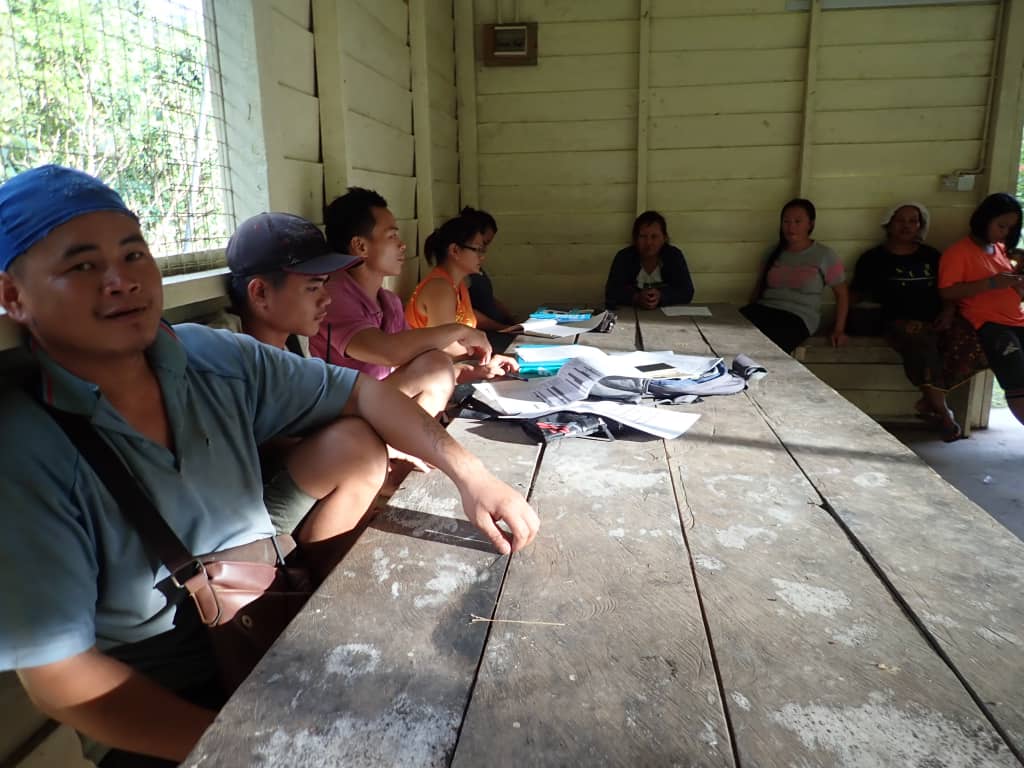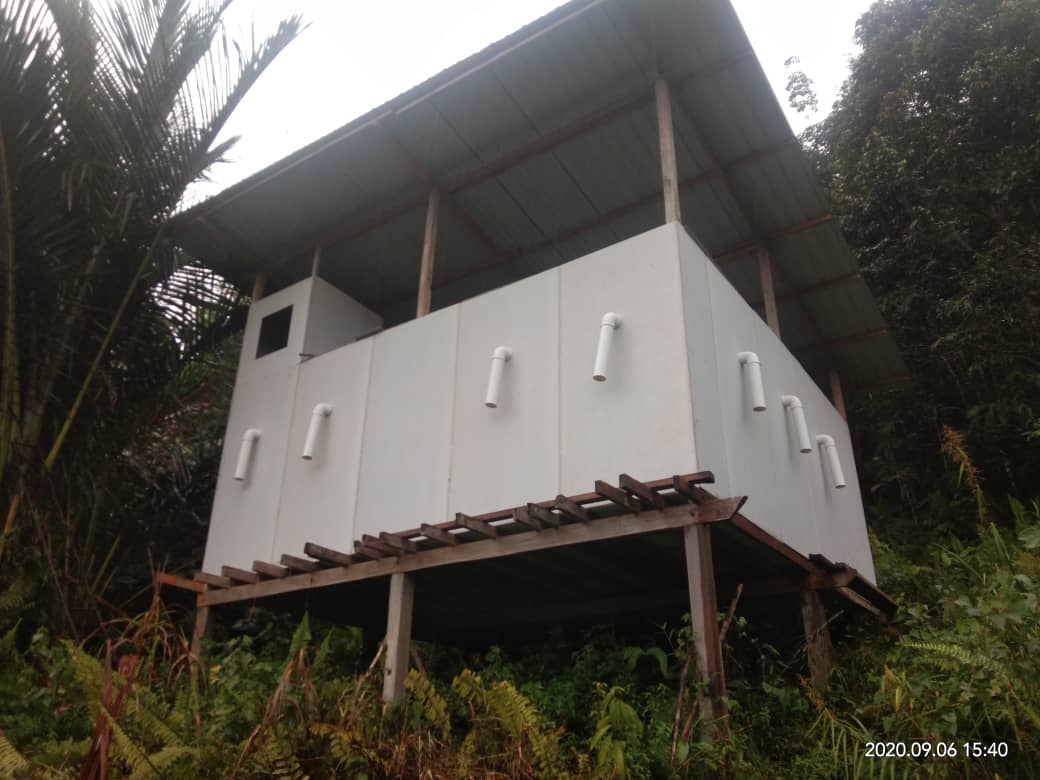Borneo, the world’s third biggest island, is one of the most biodiverse and verdant places on earth. It is home to thousands of plant and animal species, including the orangutan, pygmy elephant, Sumatran rhinoceros, and clouded leopard. But big logging and oil palm interests have destroyed huge amounts of habitat.
The indigenous village of Kolosunan has agreed to protect a large amount of land in the mountains of Borneo. The area is home to an endangered fish and Southeast Asia’s biggest dragonfly species, which has a wingspan up to 6½ inches.
Financial pressure often leads villages to sell rights to their forests. People in Kolosunan have few ways to earn money except by farming, which is limited by the terrain. As a result, many villagers work in the coastal capital city, Kota Kinabalu, and go back to the village on weekends. Young leaders in Kolosunan have been looking for ways that community members can earn sustainable incomes.
The community, working with the local nonprofit PACOS Trust, requested a Seacology grant for a birds-nest project. They will put up a small building to attract native birds called swiftlets, whose nests are much in demand for making birds’ nest soup. This part of Borneo is naturally rich in swiftlets, and collecting the nests (after the young birds have fledged) and selling them is traditional there. This initiative is inexpensive, simple, and should provide a return fairly quickly. Seacology funded another birds’ nest project, in Dagat, Malaysia, which is proceeding well.


